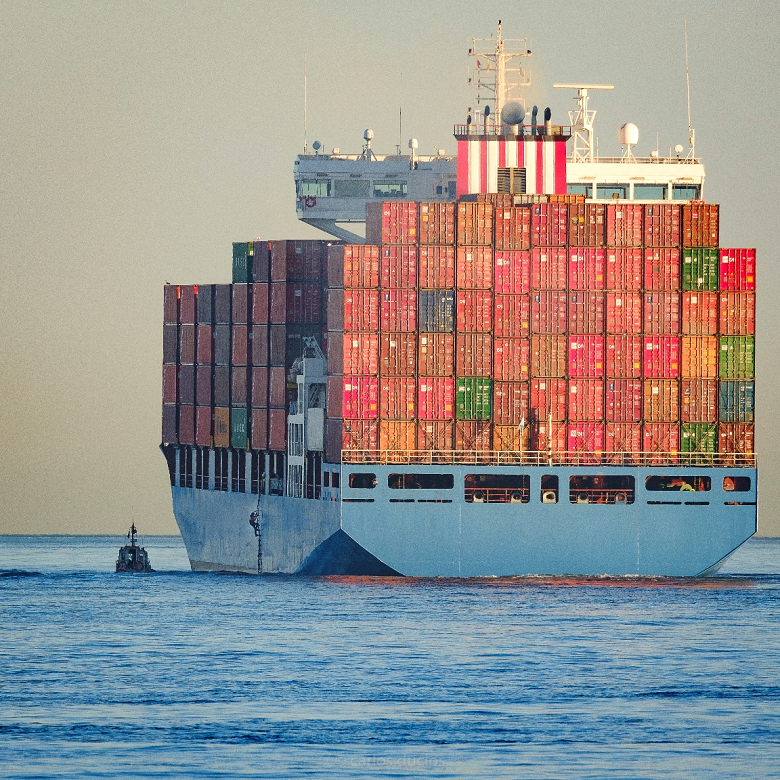Green light for National Maritime Transport Decarbonisation Plan, 250 million in aid

Government aid will support shipping companies in modernising existing vessels and building new low-emission ones.
At the proposal of the Ministry of Transport and Sustainable Mobility, the government has approved the National Action Plan for Decarbonising Maritime Transport, which includes a public aid plan of €250 million over the next five years (2026-2030).
This aid is intended to support shipping companies in the renovation and conversion of existing vessels and the construction of new ones that are low in greenhouse gas emissions.
The aid will also promote pilot projects for the use of new renewable fuels of non-biological origin, such as ammonia or methanol.
The initial investment of €250 million comes from the revenue generated by the inclusion of maritime transport in the Emissions Trading System (ETS). These funds will be distributed through tendering procedures in which shipping companies may participate, provided they meet the requirements.
The Government will ensure compliance with the commitments made by the beneficiary companies and will monitor the emissions associated with the subsidised projects on an annual basis.
This plan, led by the Directorate General of the Merchant Navy at the Ministry of Transport and Sustainable Mobility, has the consensus of the Ministry for Ecological Transition and Demographic Challenge, and establishes the strategic points, measures and aid programmes to reduce greenhouse gas (GHG) emissions.
National Maritime Strategy
The National Action Plan for the Decarbonisation of Maritime Transport is one of the pillars of the recently approved National Maritime Strategy 2025-2050 and the Safe, Sustainable and Connected Mobility Strategy 2030, both from the Ministry of Transport and Sustainable Mobility.
It is also a response to the commitments made by Spain within the framework of the International Maritime Organisation and the European Union, particularly in the context of the Fit for 55 legislative package, the Emissions Trading System (ETS) and the FuelEU Maritime Regulation.
Maritime transport, crucial for the Spanish economy
The maritime transport sector is essential for the national economy: it accounts for around 13.7% of freight transport in the EU and leads the way in container traffic, with 18% of the European total. This sector generates around 3.5 million tonnes of CO2, accounting for 1.3% of total national emissions.
With this plan, the Spanish government is not only promoting the reduction of emissions and the transition to a more sustainable maritime model, but also strengthening maritime industrial sovereignty and Spain's strategic position in European and global green corridors.
Source: Ministry of Transport and Sustainable Mobility




